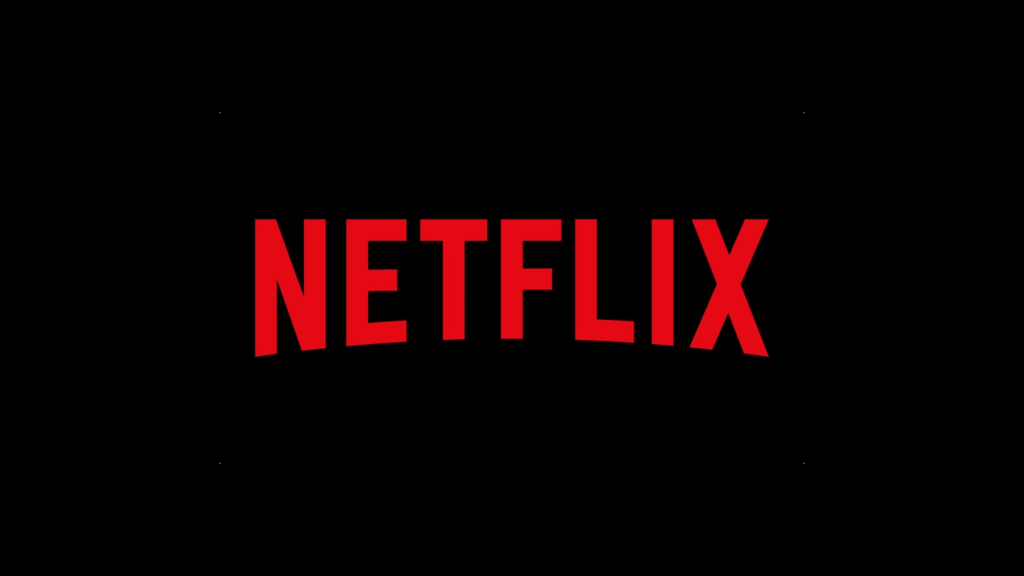Netflix, the global streaming giant, has announced its exit from the Nigerian market, citing the country’s deteriorating economic conditions as the main reason for its decision.
This marks a significant retreat for the platform, which entered Africa’s largest economy just six years ago, with the production of Lionheart, a film that helped introduce a new era of high-quality Nigerian cinema to global audiences.
Sources within Netflix, speaking to Peoples Gazette, revealed that the company faced substantial losses in paying subscribers. Additionally, the unfavourable exchange rate of the naira against the U.S. dollar further exacerbated the challenges.
“We’ve lost too many paying subscribers, and the exchange rate did not help us in any way,” a Netflix official explained, confirming that an official announcement would follow soon.
Netflix’s departure represents a major setback for Nigeria’s Nollywood industry, which had looked to the platform as a key avenue for showcasing its creative talent on the world stage.
Since Netflix’s arrival in 2018, the platform had played a pivotal role in elevating the profiles of Nigerian filmmakers and actors, with several original productions receiving international acclaim.
However, Nigeria has now become the first major market where Netflix has ceased operations. While the company has also seen declining subscriptions in other regions, it continues to operate in most of its other markets.
At the 2024 Zuma Film Festival, renowned Nigerian filmmaker Kunle Afolayan confirmed that Netflix had ceased commissioning new Nigerian originals. Although Afolayan secured a third season for his hit series Anikulapo, many of his colleagues were not as fortunate.
Describing the move as a “big blow” to Nollywood, Afolayan lamented the abrupt cancellation of several projects that were in development.
“It’s a wake-up call for the Nigerian movie industry,” Afolayan said, emphasising the importance of local filmmakers and producers seeking alternative platforms and funding mechanisms to ensure the sector’s continued growth.
Netflix’s decision to pull out of Nigeria is also reflective of the broader economic challenges currently facing the country. Under the administration of President Bola Tinubu, inflation has skyrocketed, and the naira has continued to weaken.
The National Bureau of Statistics recently released inflation data, underscoring the worsening economic conditions, which have raised concerns for both consumers and businesses alike.
While Netflix’s exit signals a substantial loss for Nigeria’s entertainment sector, it also presents an opportunity for the country’s creative industry to reassess its reliance on international platforms.
It may prompt a shift towards local solutions that address the unique challenges of the Nigerian market while still striving to compete on the global stage.



